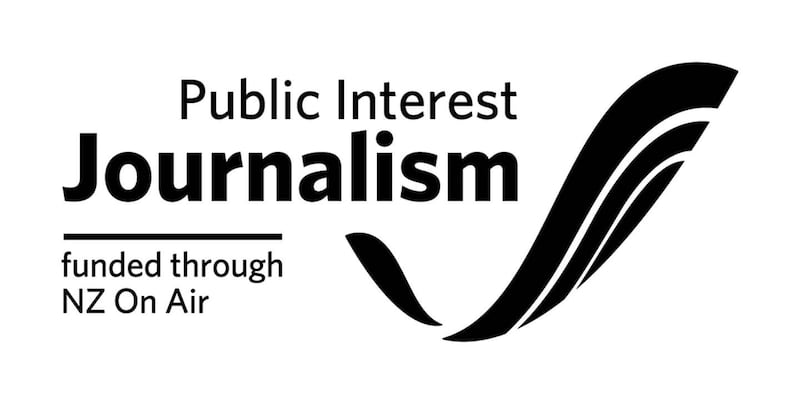It's Aotearoa's largest and most ambitious study of its kind, aiming to make blood donation fairer for gay, bisexual, takatāpui and other men who have sex with men (MSM).
The study is called SPOTs, which stands for Sex and Prevention of Transmission, and the researchers of the study want to hear from 4000 MSM people about their views on blood donation and their safe sex practices.
Currently, men are not permitted to give blood for three months, following oral or anal sex without a condom with another man.
Lead researcher Kevin Haunui (Ngāti Tūwharetoa, Ngāti Rangi) from the Māori Sexual Health Organisation – Te Whāriki Takapou, says the aim of the study is to provide scientific information that will impact the blood donation policy. It will then be presented to the government and others that provide services for HIV prevention.
According to lead researcher Kevin Haunui (Ngāti Tūwharetoa, Ngāti Rangi) from the Māori Sexual Health Organisation – Te Whāriki Takapou, the study's goal is to offer factual data that will influence the blood donation policy. The government and other organisations that offer services for HIV prevention will then be presented with it.
“MSM includes a whole group of communities. They could identify as gay, bisexual, takatāpui, pansexual, queer, straight, trans – a whole heap of identities. Anyone who has sex with MSM is a person we are interested in, to assist them with their health services.
“It’s really about what our situation in Aotearoa is, and what information can we get from our communities that will inform a better blood donation policy for those communities that are currently excluded to a certain point in time for donating blood.”
Already, 3700 MSM have taken the survey, with 300 left to go. Those interested in taking the survey can do so on the SPOTs website.



